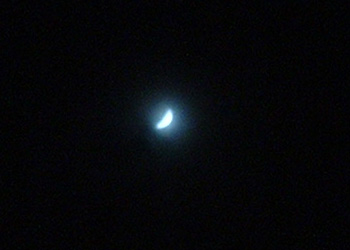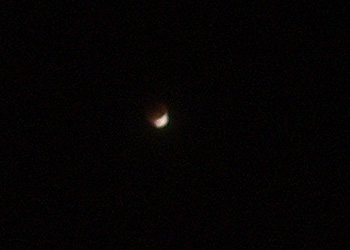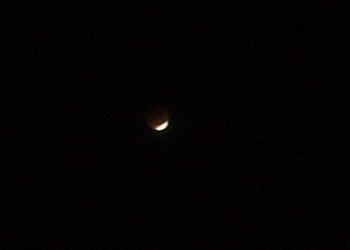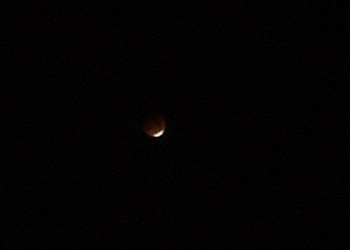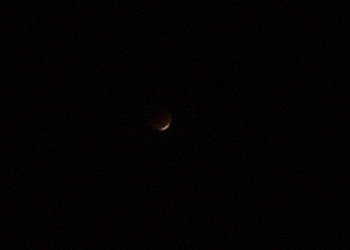Thursday, February 21. 2008
Entries tagged as astronomy
article artifical life artificial intelligence computers cybernetics dhivehi downloads drugs flash game gondi guide history how to information islam macromedia maldives mancala mobile ovvalhu photos planet plants psychedelics religion science skepticism thaana tsunami unicode web development web operation systems wifi www accent advocacy ajax android ascii athuliyun blogging book cfr character recognition common font research conversions converter date dhives download ebooks eclipse facebook firefox fix font free handwriting javascript javascript thaana keyboard keyboard kindle latin latin thaana converter mls mp3 music mysql pdf php project projects radheef rannamaari recognition release research script search engine semicolon thaana conversions class thaana text rendering thoughts ubiquity web website wordpress lunar maas solar eclipse global astronomy month evolution explosion extremism god links planets politics solar system violence stargazing abuse analysis censorship elections exorcism fanditha hdh atoll injustice internet jinn makunudhoo maumoon news personal sarcasm science society scienceemmenah sciencemaldives sex society story supernatural technology travel ungoofaaru videos mars butterfly food magnetic implants panorama reading smii university conciousness creationism intelligent design neuroscience lecture magnetic implant mche meteor meteors presentation shooting star rationalism
Wednesday, February 20. 2008
Total lunar eclipse - not visible in the Maldives
I just scanned over the news headlines of the Maldivian media to see if there has been any mention of the lunar eclipse that is to take place tomorrow morning but, quite unsurprisingly, found none. Anyway, I thought I'd dish out some useful info for anyone interested in it.
Although tomorrows eclipse is a total lunar eclipse the eclipsing will not be visible in the Maldives as the moon sets well before it happens. Instead, Maldives will witness what is known as a penumbral eclipse starting 5:34 AM on 21 Feb (local time) as the Moon enters the penumbra - which, sadly, most likely will not bring about much discernible difference for the naked eye. At the time, the moon will be well on its way to set and can be seen approximately West-Northwest at an elevation of 9.5 degrees in the sky. The moon sets at 6.18 AM, which is well before the partial eclipse phase kicks off at 6.43 AM.
If you are disappointed, then wait for the partial lunar eclipse that is to take place on the 16 of August this year which should be clearly visible throughout the Maldives. As for me, I hope to be up tonight watching this magnificent event here in the UK where the total eclipsing is to be visible - it truly is a wondrous sight after all!
More info:
- NASA page about the 20 February eclipse including the visibility mapping
- General information on eclipses (+ listing of future eclipses)
Hope that was useful.
Although tomorrows eclipse is a total lunar eclipse the eclipsing will not be visible in the Maldives as the moon sets well before it happens. Instead, Maldives will witness what is known as a penumbral eclipse starting 5:34 AM on 21 Feb (local time) as the Moon enters the penumbra - which, sadly, most likely will not bring about much discernible difference for the naked eye. At the time, the moon will be well on its way to set and can be seen approximately West-Northwest at an elevation of 9.5 degrees in the sky. The moon sets at 6.18 AM, which is well before the partial eclipse phase kicks off at 6.43 AM.
If you are disappointed, then wait for the partial lunar eclipse that is to take place on the 16 of August this year which should be clearly visible throughout the Maldives. As for me, I hope to be up tonight watching this magnificent event here in the UK where the total eclipsing is to be visible - it truly is a wondrous sight after all!
More info:
- NASA page about the 20 February eclipse including the visibility mapping
- General information on eclipses (+ listing of future eclipses)
Hope that was useful.
Saturday, August 25. 2007
Explore the sky!
I still remember the time I first saw the planet Saturn, with it's glamorous-mysterious rings, on a borrowed low-end refracting telescope. I had spent hours tuning and adjusting for better focus while scouring the sky for that normally elusive close-up of one of the most sought after beauties that the heavens hold. I stood awestruck as the dot-in-the-sky got magnified enough times for my eyes to feast upon. The huge planet floated there in deep dark space peacefully minding its own business - just as it had been since Galileo set his sights on it. The planet was within the grasp of a single eyeful on the telescope yet knowing that it was hundreds of times larger than the Earth (Saturn's volume is over 700 times larger than that of Earth) made the experience all the more surreal!
The whole event changed something deep within me. Looking at Saturn from my telescope on that quiet, dark night made me feel like I was looking at myself on the surface of the Earth from afar. It made me realize how SMALL and INSIGNIFICANT I was! The universe was bigger than me - it was even bigger than the 2 km2 island of Male' that I had lived all my life. Heck, it was much bigger than the distance to the furthest place I had travelled. There were an unimaginable number of planets and stars existing for a time much much longer than my (statistically) expected 75 years on Earth. There I was, a mere blip both in space and in time. Till that moment, I had been an arrogant human being just like most others, walking tall and claiming the universe as being almost subservient to my random wishes. The apparent meaninglessness of being a random replicator that infected the surface of a random planet in a random galaxy, in a universe that could boast to contain millions upon billions of stars and planets, is just too overwhelming to be said. Yet, in that moment of understanding, hints of something very elegant, with purpose and more beautiful a meaning than I had supposed shone through brightly.
I would encourage everyone to dish out for a telescope and start gazing at some of the wonders that are out there. If you can't afford one quite yet, then do read up a little about the universe and our solar system and grab a copy of a sky map to help you identify the stars in the sky so you know which is which. The stars would soon loose their role as mere dots of light or hanging lamps on the black canopy of the night sky and become real, tangible objects - as real, as meaningful and often grander than the planet we walk on.
I wish there was an observatory in the Maldives for the public - an amateur one at the least. I surely would build one myself if I had the funds. It would do so much, I believe, to instil a sense of wonder and a much needed appreciation of science (as compared to technology!) in the country and hopefully make people a bit more aware of just how "significant" they really are. Sigh...
PS: Google has added a brilliant new feature to their already awesome Google Earth software - maps of the SKY! Traverse the visible universe on your computer
The whole event changed something deep within me. Looking at Saturn from my telescope on that quiet, dark night made me feel like I was looking at myself on the surface of the Earth from afar. It made me realize how SMALL and INSIGNIFICANT I was! The universe was bigger than me - it was even bigger than the 2 km2 island of Male' that I had lived all my life. Heck, it was much bigger than the distance to the furthest place I had travelled. There were an unimaginable number of planets and stars existing for a time much much longer than my (statistically) expected 75 years on Earth. There I was, a mere blip both in space and in time. Till that moment, I had been an arrogant human being just like most others, walking tall and claiming the universe as being almost subservient to my random wishes. The apparent meaninglessness of being a random replicator that infected the surface of a random planet in a random galaxy, in a universe that could boast to contain millions upon billions of stars and planets, is just too overwhelming to be said. Yet, in that moment of understanding, hints of something very elegant, with purpose and more beautiful a meaning than I had supposed shone through brightly.
I would encourage everyone to dish out for a telescope and start gazing at some of the wonders that are out there. If you can't afford one quite yet, then do read up a little about the universe and our solar system and grab a copy of a sky map to help you identify the stars in the sky so you know which is which. The stars would soon loose their role as mere dots of light or hanging lamps on the black canopy of the night sky and become real, tangible objects - as real, as meaningful and often grander than the planet we walk on.
I wish there was an observatory in the Maldives for the public - an amateur one at the least. I surely would build one myself if I had the funds. It would do so much, I believe, to instil a sense of wonder and a much needed appreciation of science (as compared to technology!) in the country and hopefully make people a bit more aware of just how "significant" they really are. Sigh...
PS: Google has added a brilliant new feature to their already awesome Google Earth software - maps of the SKY! Traverse the visible universe on your computer


